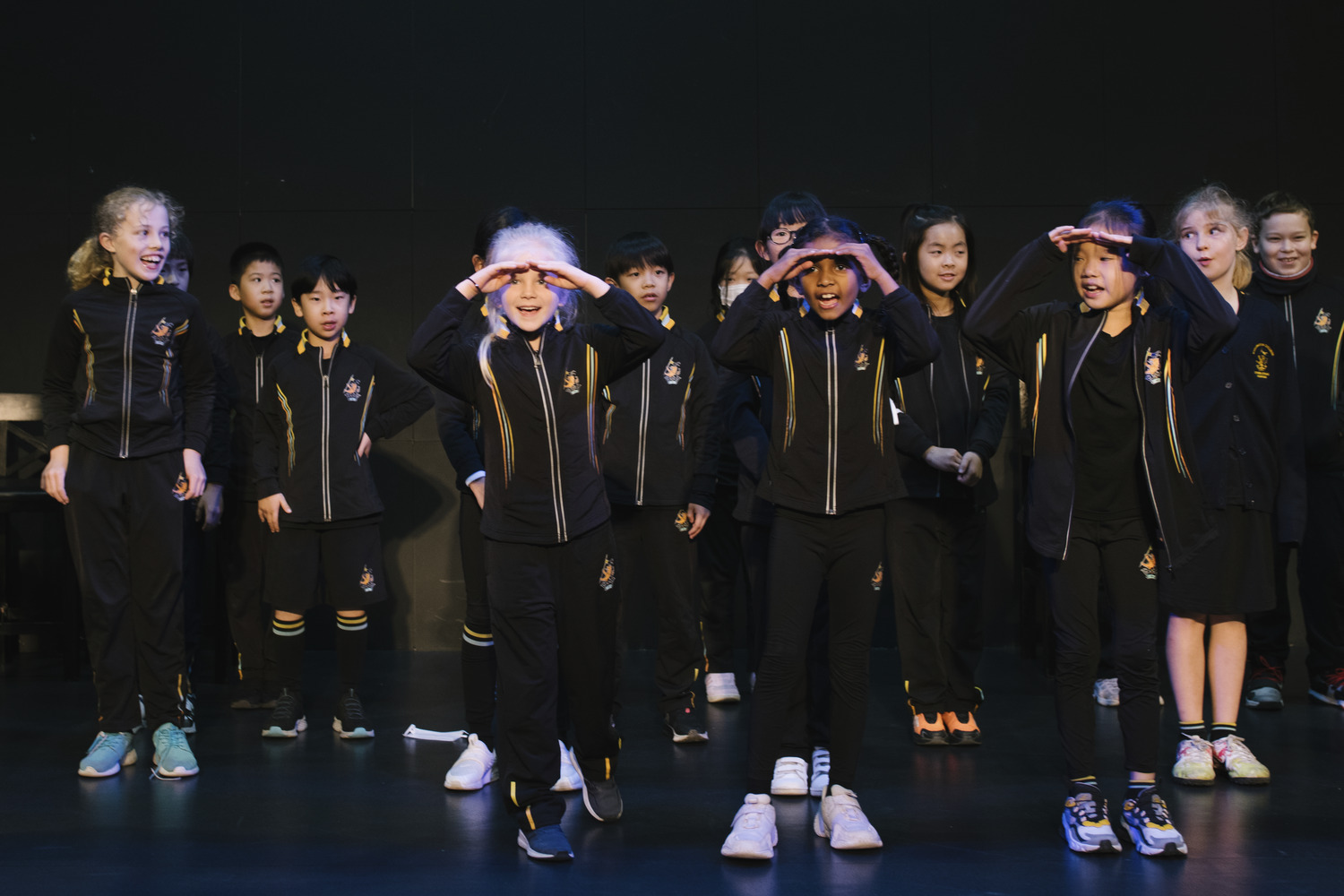How a poetry slam cultivates more empathy in our pupils
Recently, Lower Prep pupils in British school Shanghai participated in a poetry slam in our black box theatre. Advancing their classwork from the Michaelmas term, this activity allowed the children to explore important global issues through the expressive medium of poetry.

Our year 3 pupils composed poetry around the theme of 'fair trade'. This allowed them to think about how what we buy affects our environment and the people within it. It also helped to open a window into the lives of the people who produce the food we eat. Drawing inspiration from the film The Boy Who Harnessed the Wind, pupils in year 4 wrote poems about renewable energy and innovation. In the process, they learned how poverty and climate change can devastate people’s lives and how resilience can cause big changes in the face of adversity. Additionally, pupils in year 5 explored themes of race and gender discrimination as portrayed in the film Hidden Figures.

Judging this event was our esteemed resident poet, Mr Alan Pritchard. Like all staff and pupil fortunate enough to be in the audience, he thoroughly impressed by the quality of all the performances; the atmosphere in the room was nothing short of electric. Immersing the children in these topics was an enriching experience that allowed them to see the world from various perspectives. Key among them was the concept of empathy. Empathy is essential to being a global citizen, and there is little wonder that we see the word being used more and more. A recent report from the Sutton Trust said that 94% of employers valued social and emotional skills as much as they did academic qualifications.

Empathy paves a path to success in life because it helps us work well with others in our homes, schools, workplaces and the wider world. According to a 2018 Harvard University study, when young people demonstrate greater empathy, they display more classroom engagement, higher academic achievement, more positive relationships and better communication skills. They also exhibit less aggressive behaviours and emotional disorders and are less likely to bully others. These are just some of the benefits of empathy, but they are reason enough to prioritise empathy in our curriculum.

Empathy is not feeling sorry for others; it is putting ourselves in their shoes so we experience their feelings. It helps our children to navigate the difficulties they will inevitably encounter in an increasingly complicated world. Fortunately, our capacity for empathy is not fixed. A 2011 Cambridge study says that 98% of us can develop the ability to empathise with others at any point in our lives.

As with anything else in life, if we are to improve at something, we must practise. Our pupils had the chance to do just that as they learned the subject matter and carefully chose words to express themselves during their performances. If we want our children to grow into positive-thinking, wise adults who actively build a better world, empathy is the best place to start.
Related Articles

_1709772027799.jpeg?x-oss-process=image/interlace,1/resize,m_lfit,w_1200/quality,q_90/format,webp)





